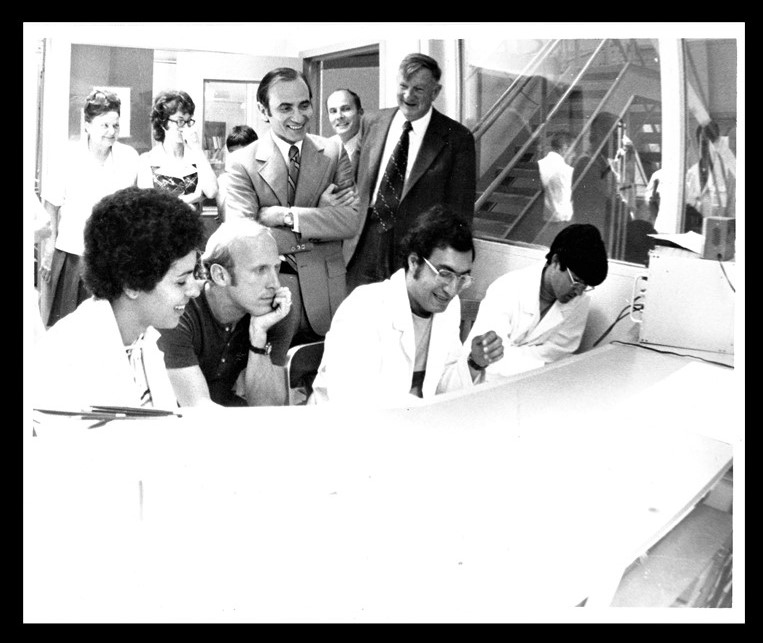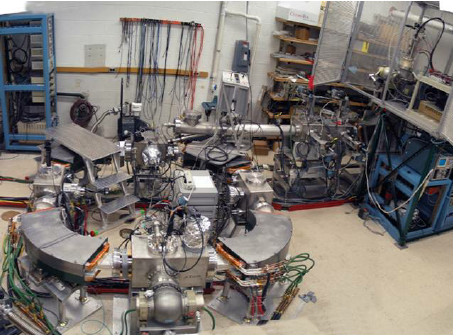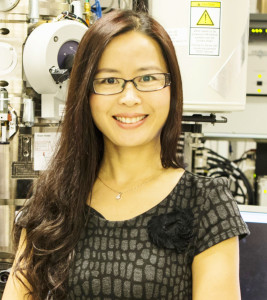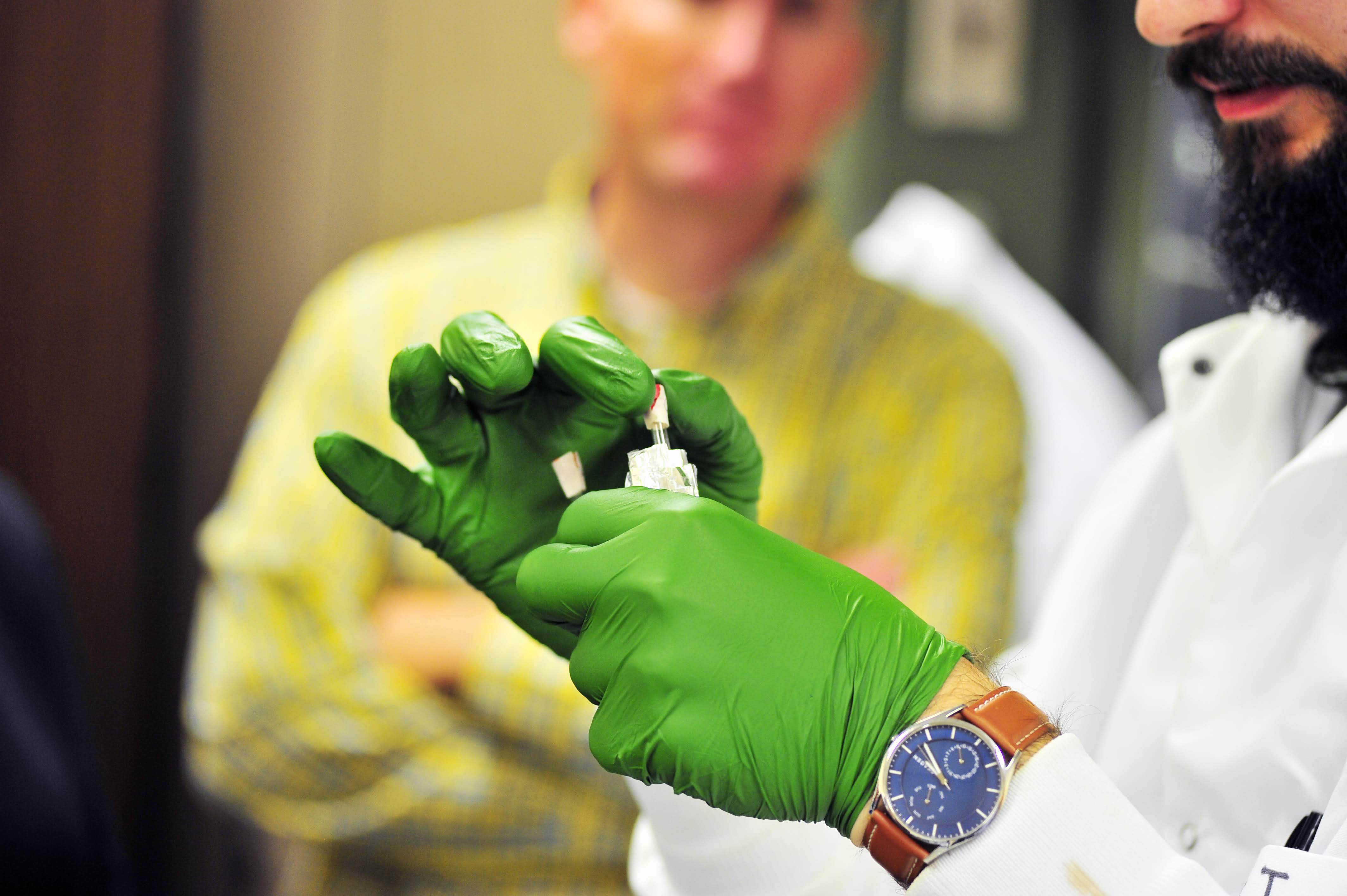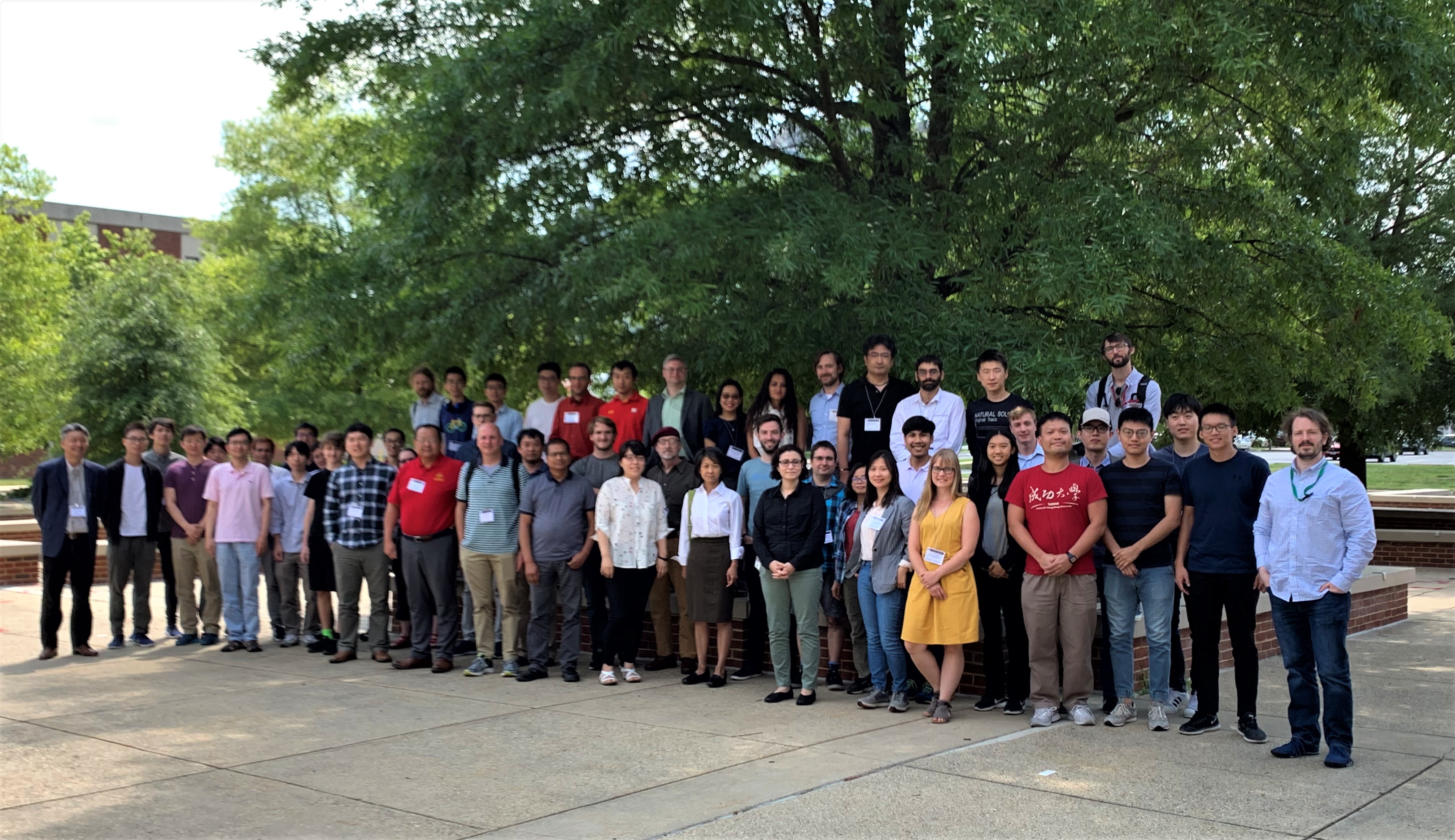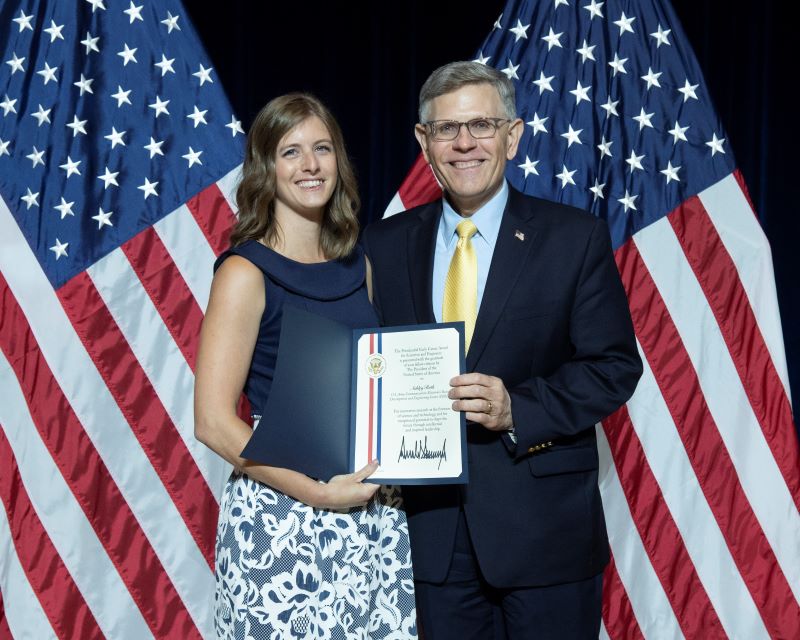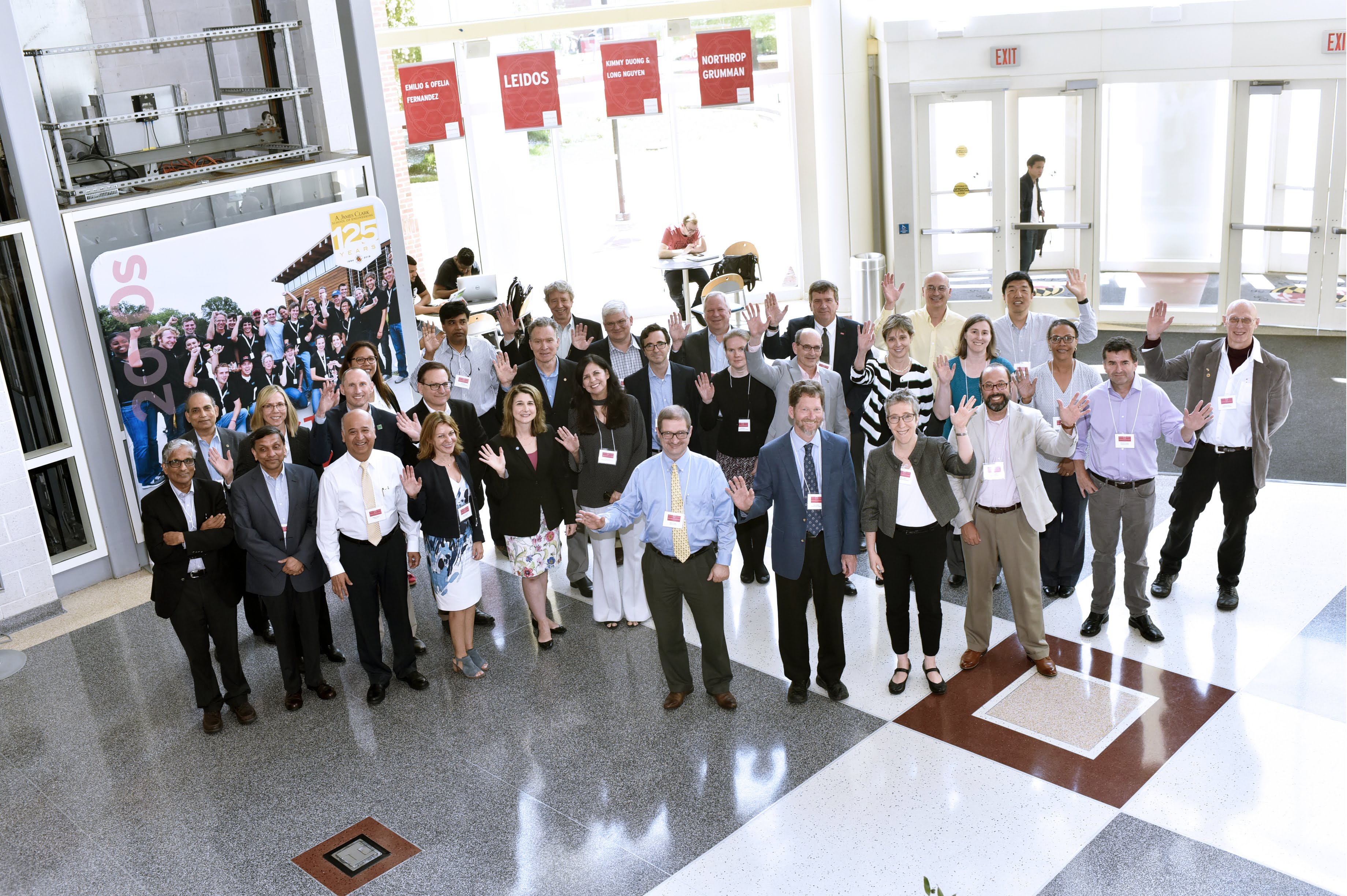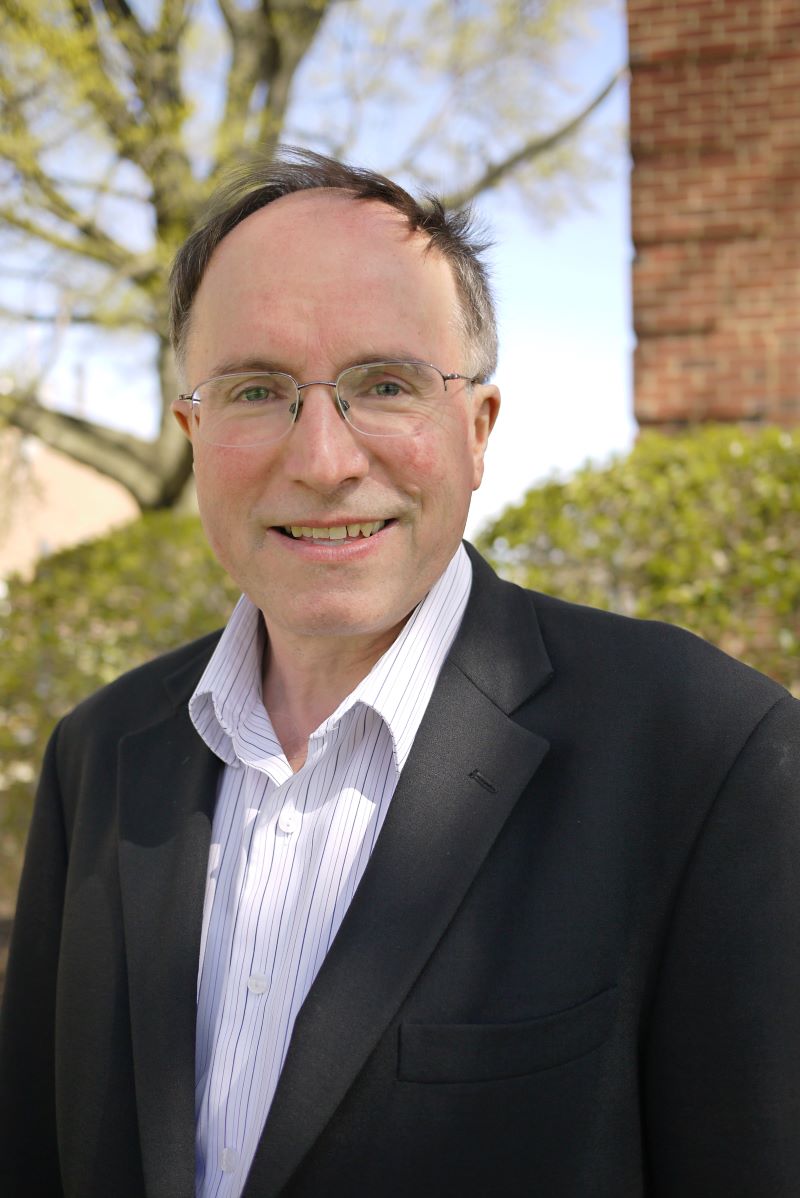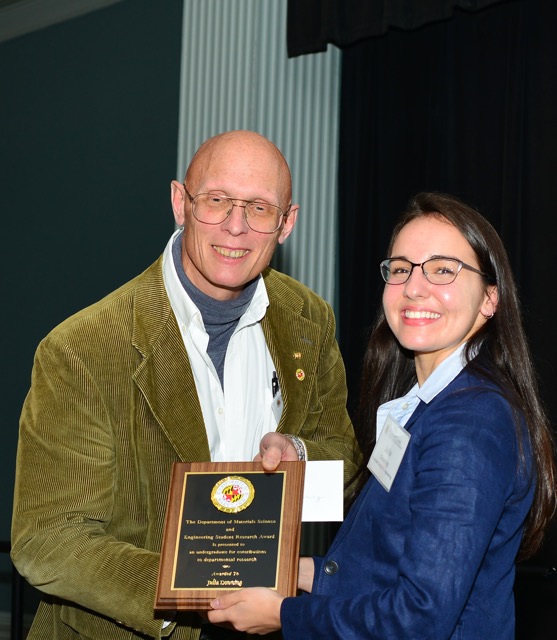News Story
Tim Koeth Pays Tribute to Helen Edwards at Recent APS Meeting
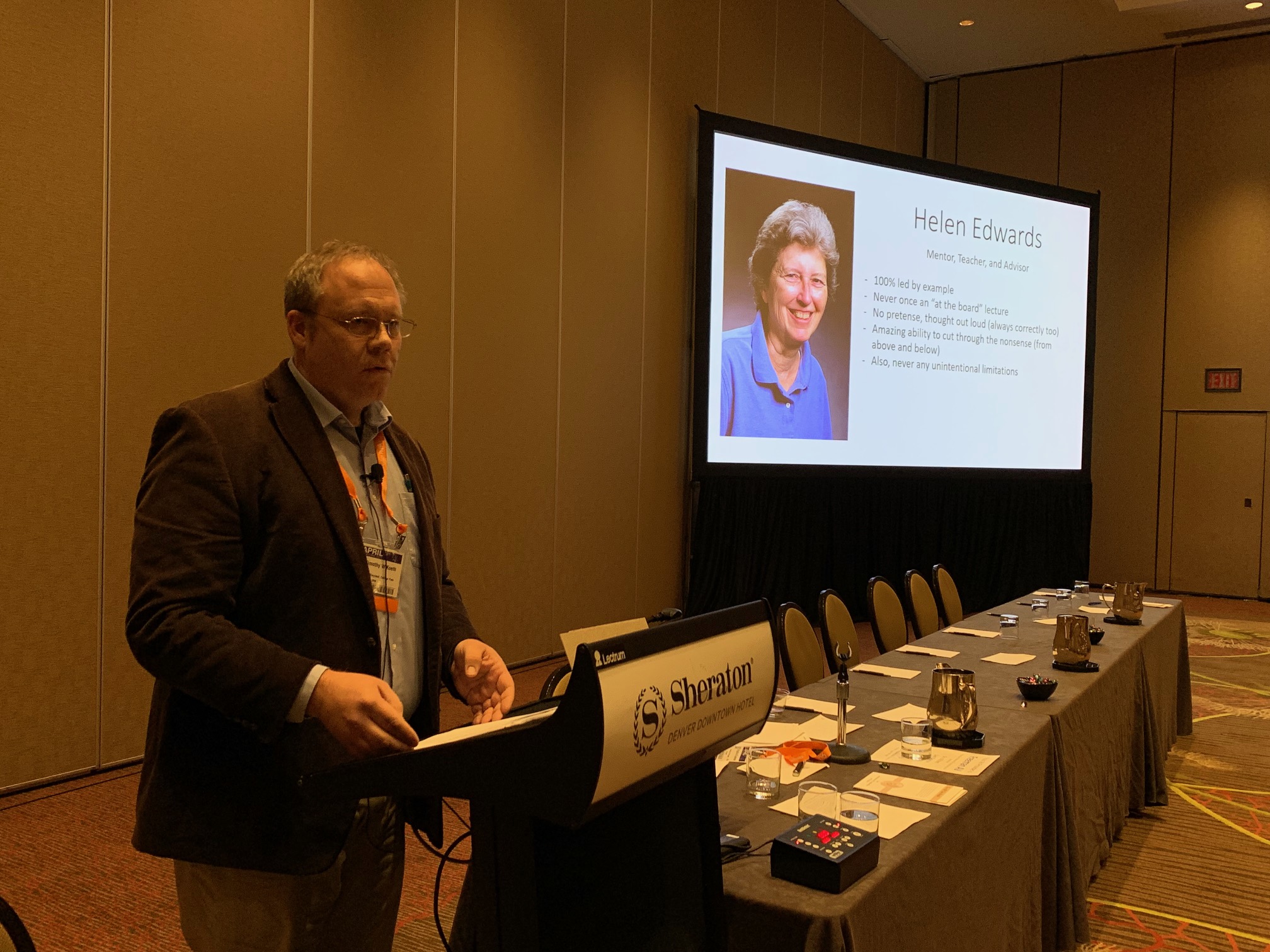
Timothy W. Koeth – an associate research professor in the UMD Department of Materials Science and Engineering (MSE) and IREAP – was present at the April 2019 American Physical Society (APS) meeting where he gave an invited talk honoring Dr. Helen T. Edwards.
In total there were three special APS sessions honoring recently departed “greats.” Leon Lederman (Nobel Laureate) of Fermilab, Burt Richter (Nobel Laureate) and Helen Edwards.
Edwards, a noted accelerator physicist, was the chief architect of the Fermilab Tevatron – the four mile circular accelerator west of Chicago, which was responsible for discovering the Top Quark. Edwards became the first Technical Director of the Superconducting Super Collider (SSC), which was canceled in 1993 in favor of the International Space Station (ISS).
Edwards moved to the German Accelerator Lab (DESY) to spearhead the use of Superconducting Radiofrequency (SCRF) for the proposed International Linear Collider (ILC) – technology that is now the heart and soul of Germany’s XFEL (x-ray free electron laser) facility used for materials science and biology. Dr. Edwards also served on the Large Hadron Collider machine advisory committee during its construction. For her work on the Tevatron, she was awarded the National Medal of Technology in 1989 by U.S. President Clinton, in addition to being granted the E.O. Lawrence Award from the U.S. Department of Energy (DOE), a MacArthur Fellow award, and elected to the National Academy of Engineering.
Koeth was Edwards’ only graduate student. “She was a very special person, both to the scientific community and to me,” he said.
In her youth, Edwards attended the Madeira School of McLean, Virginia – an institute that recently reached out to the Koeth Research Group about developing a program for high school seniors, who focus on STEM studies, to do their final research projects with MSE and the radiation facilities.
“After presenting my CMS detector work, I met with a couple of DOE and QuarkNet program managers” Koeth said. “They’d heard about my educational cyclotron program, and asked if it would be possible to operate our cyclotron via the internet, making its operation available to schools that are not as fortunate to have the resources that UMD does.”
As luck would have it, a set of engineering students are currently paving the way for such an ability this semester in the MSE capstone program.
“This would make our cyclotron the first remote classroom-controlled accelerator, pushing UMD to the STEM forefront,” said Koeth.
Published May 1, 2019
